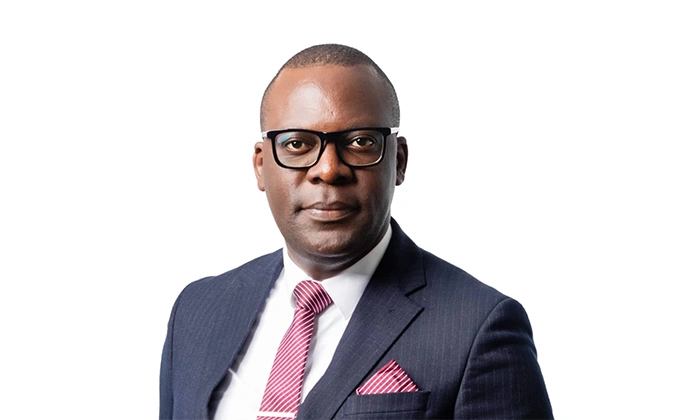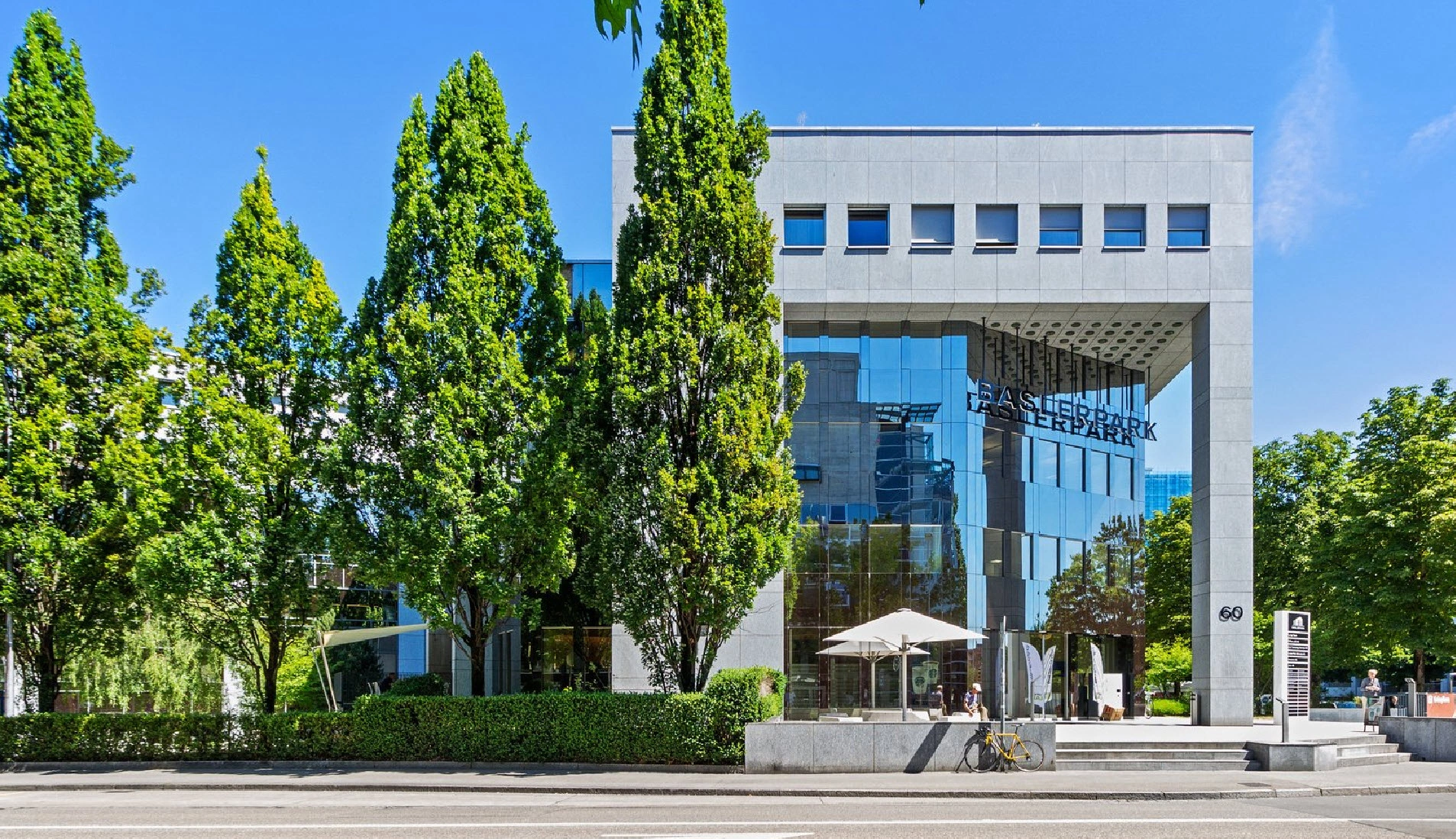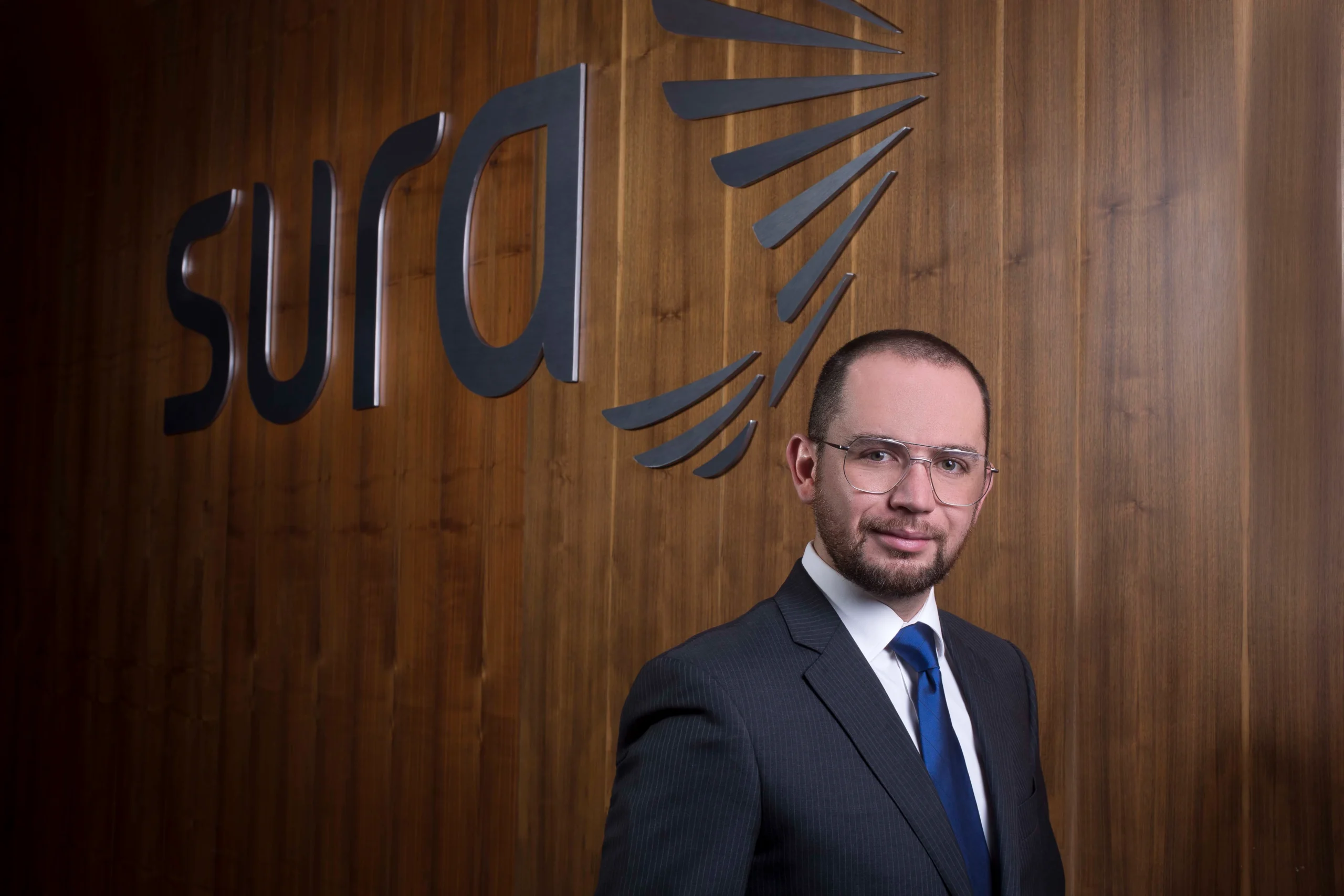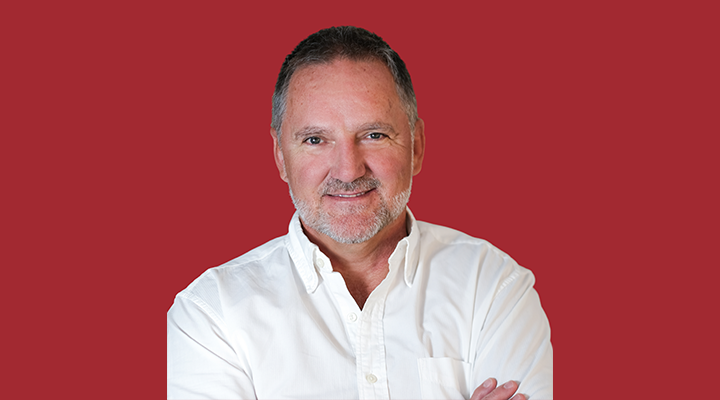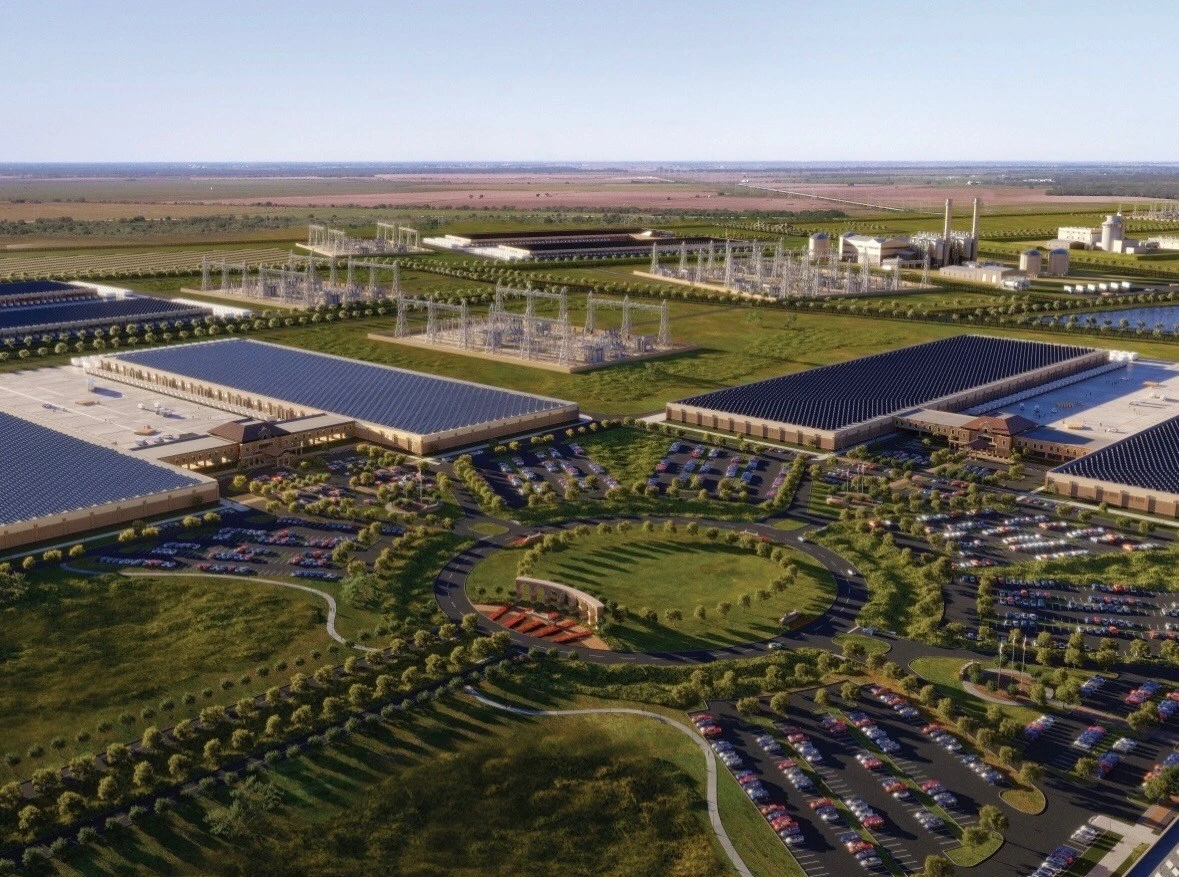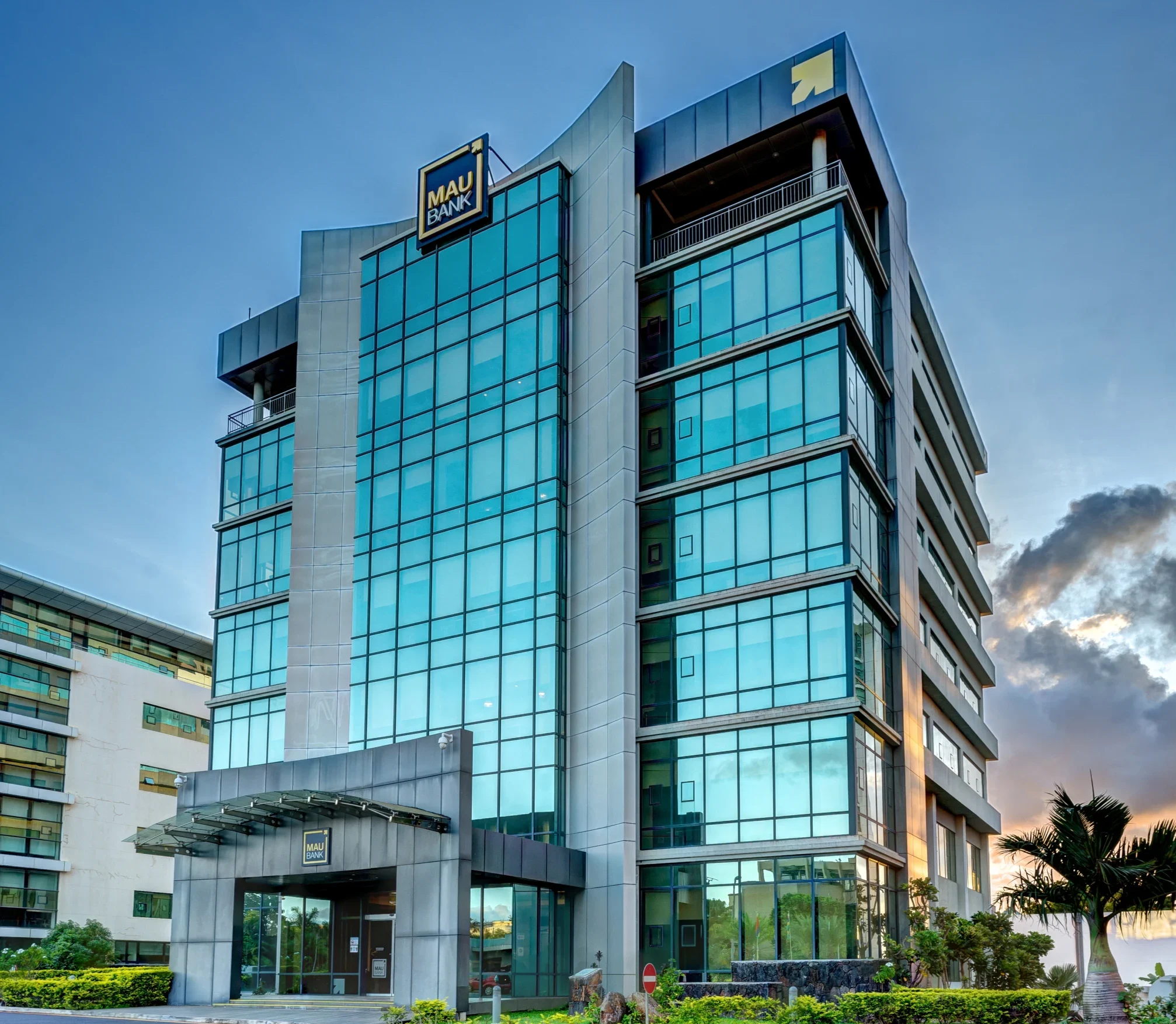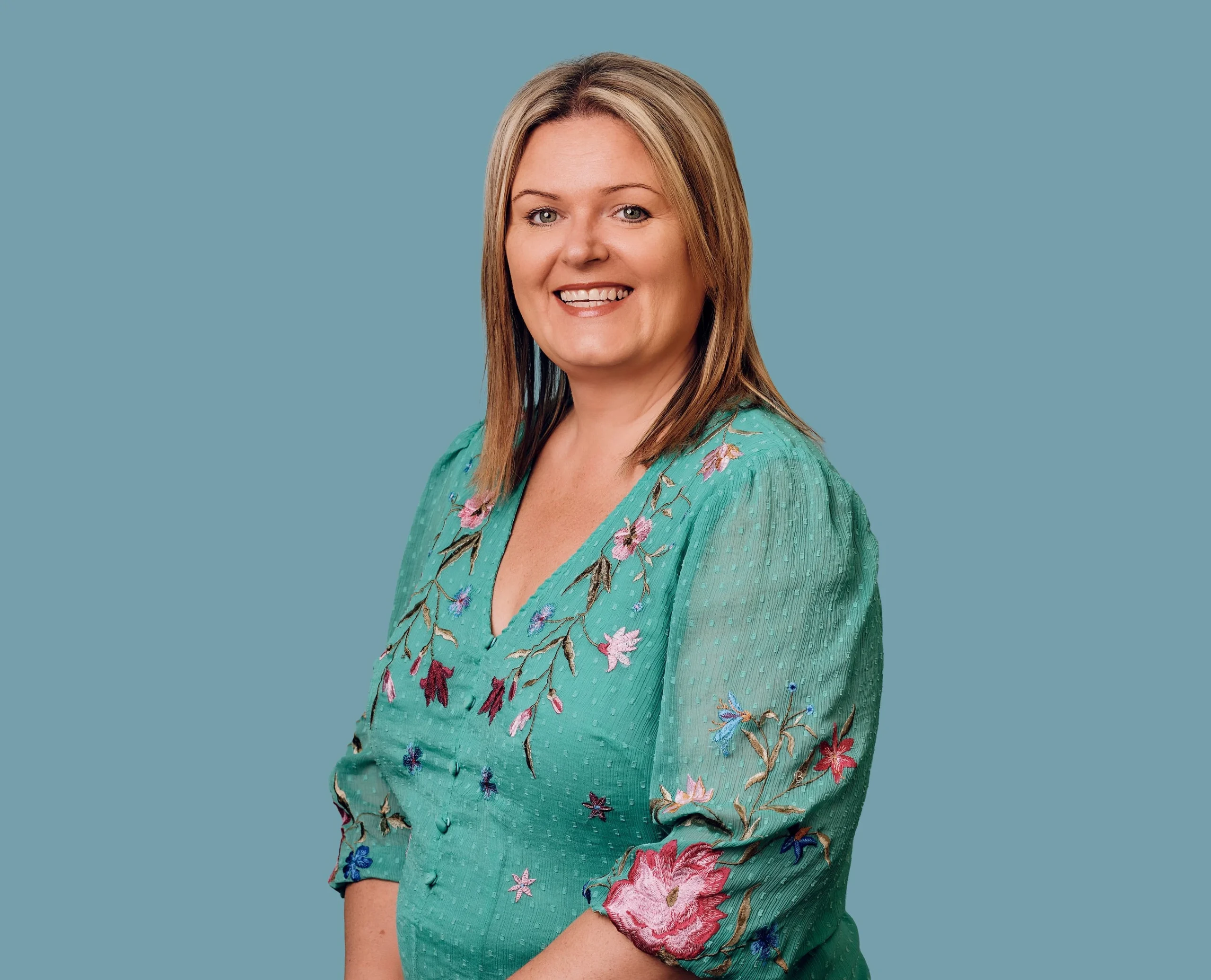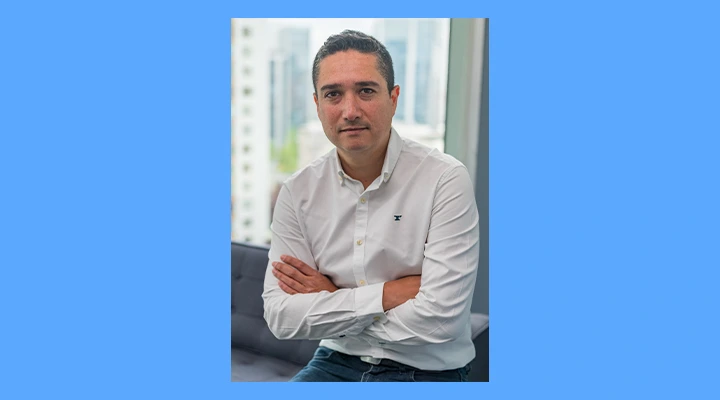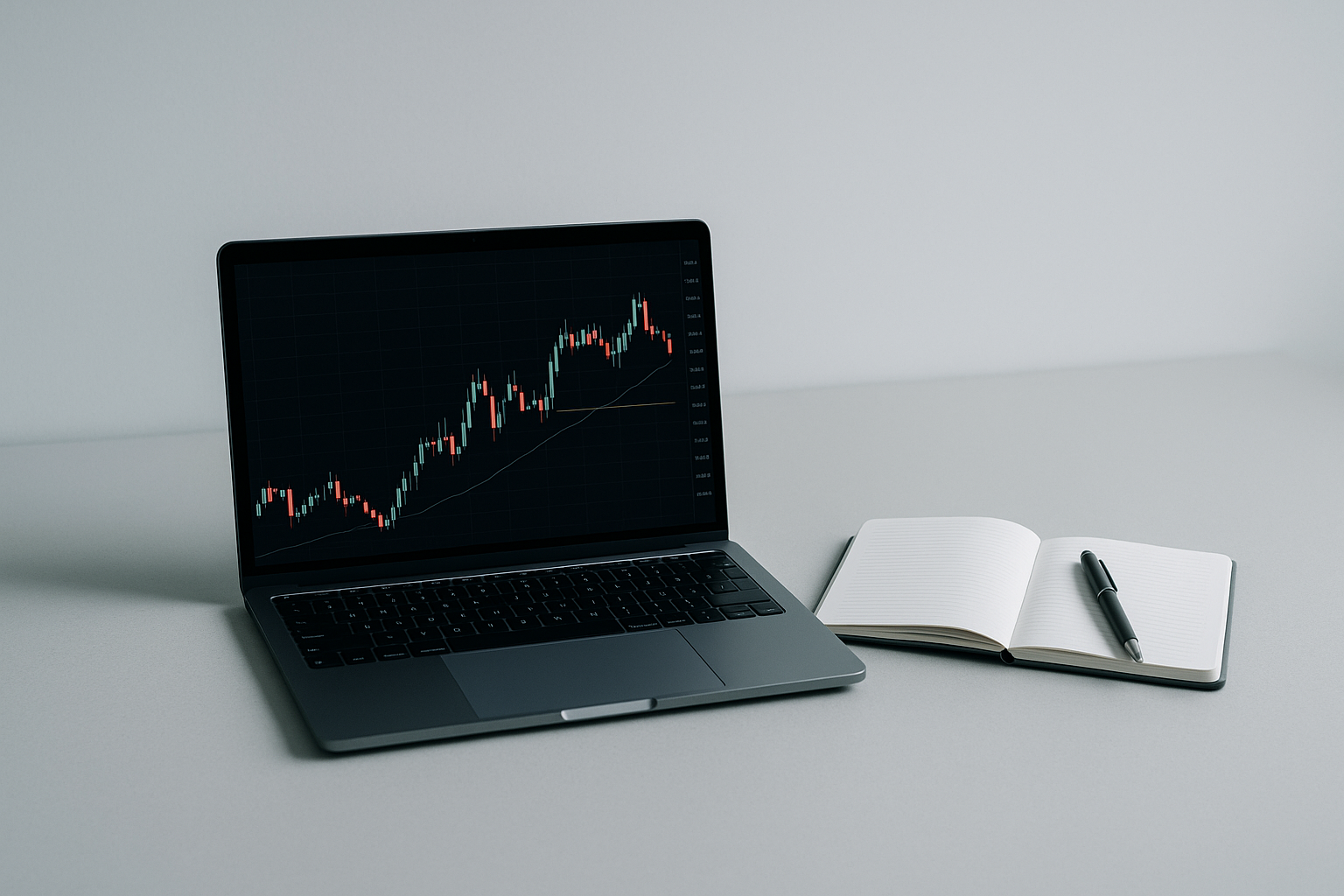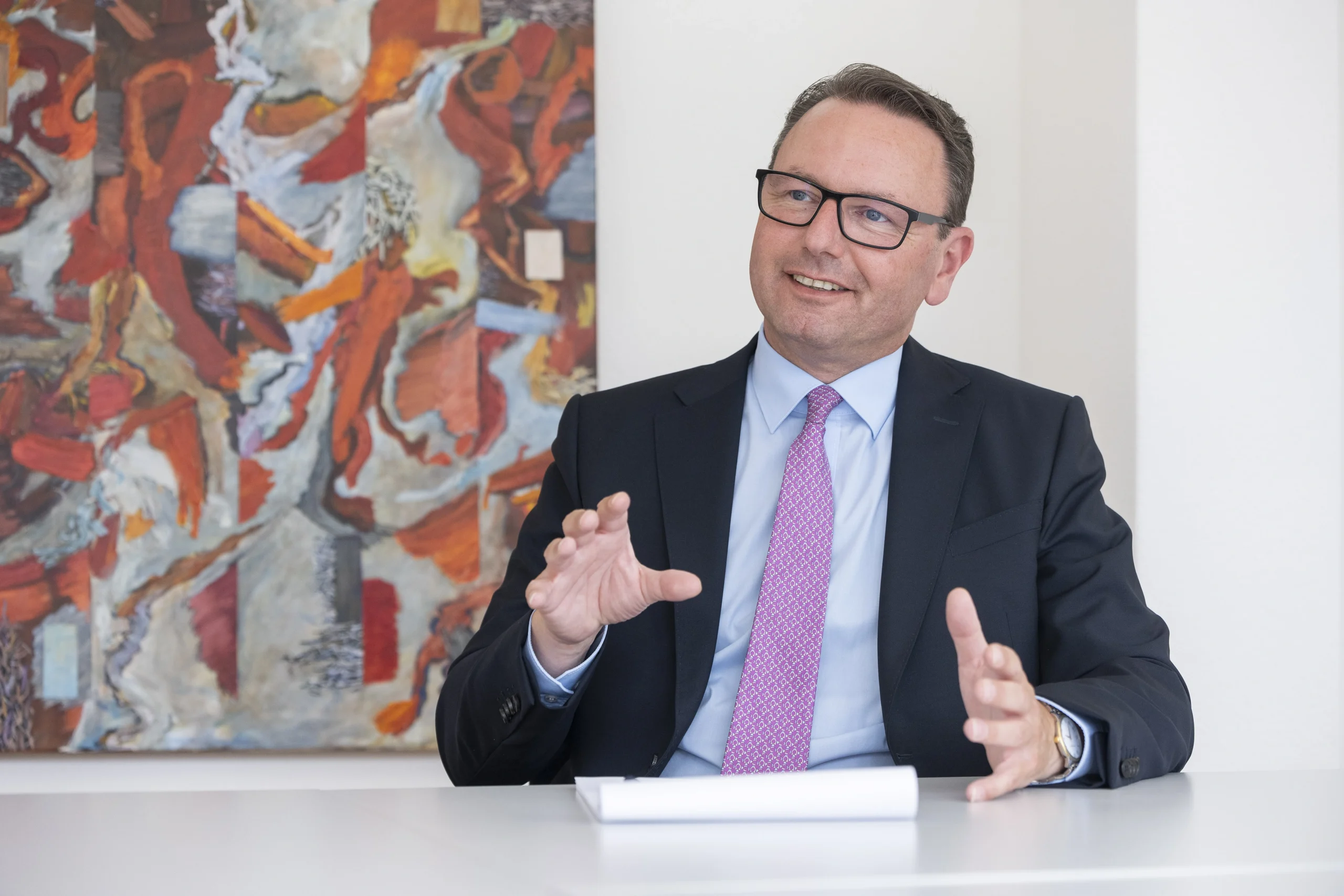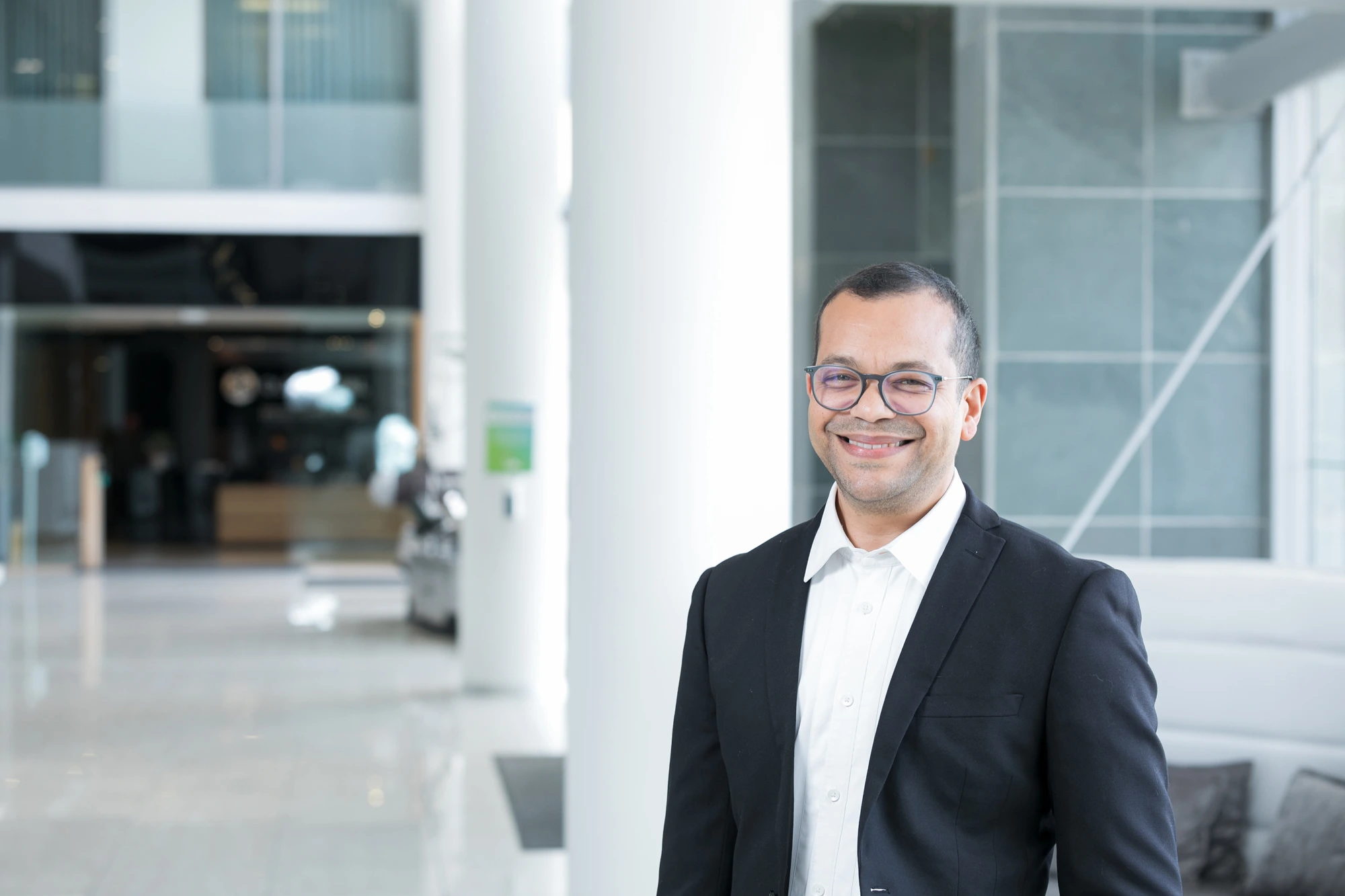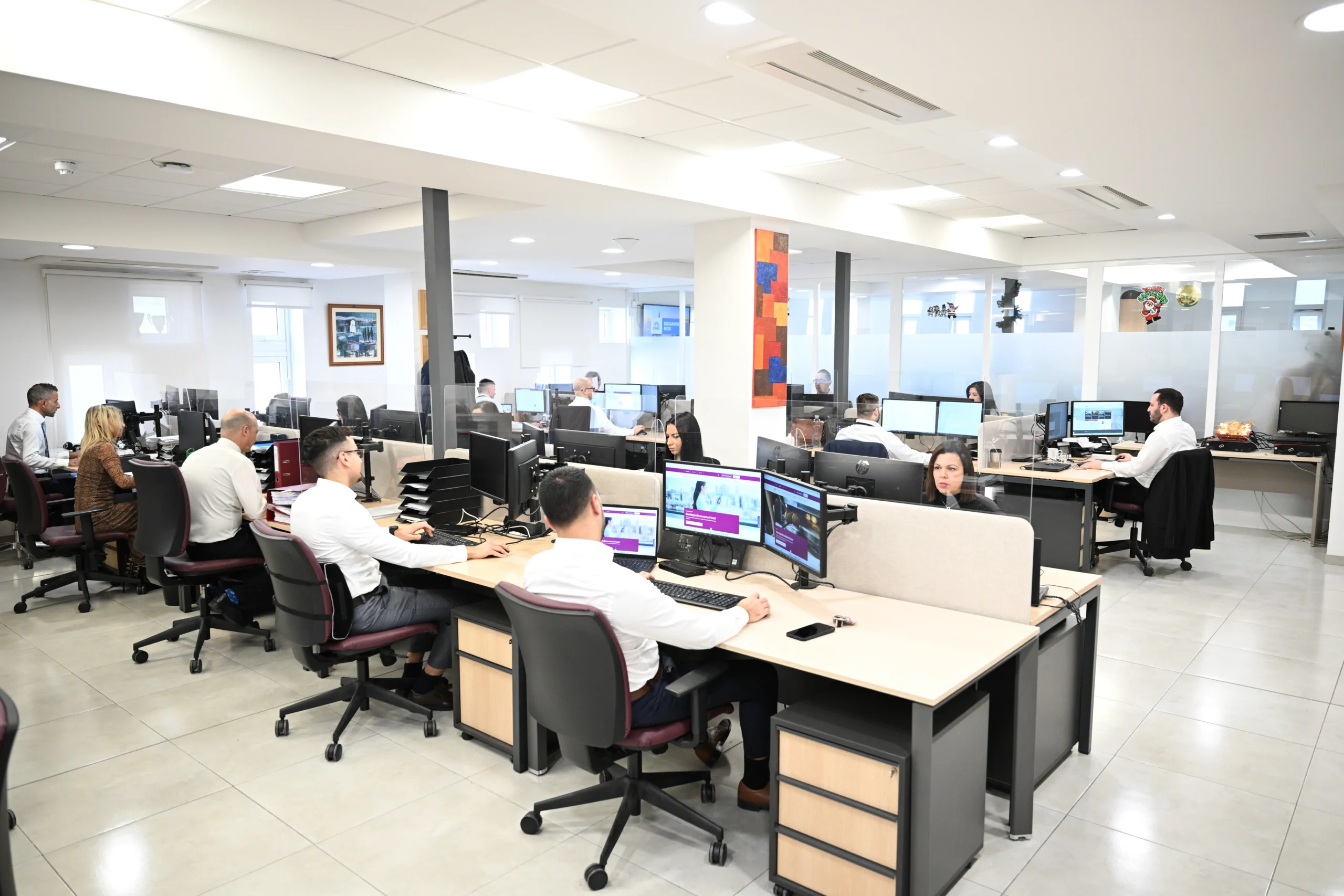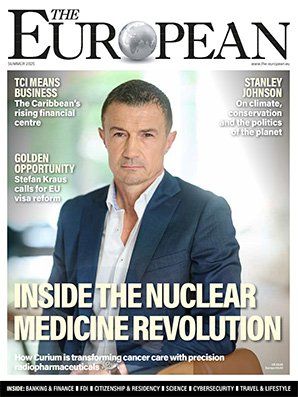Navigating dynamic forces in asset management

John E. Kaye
- Published
- Asset Management, Banking & Finance

Michael Kohlhase of Dr. Kohlhase GmbH explores how asset management is shaped by constant shifts that demand adaptability and foresight
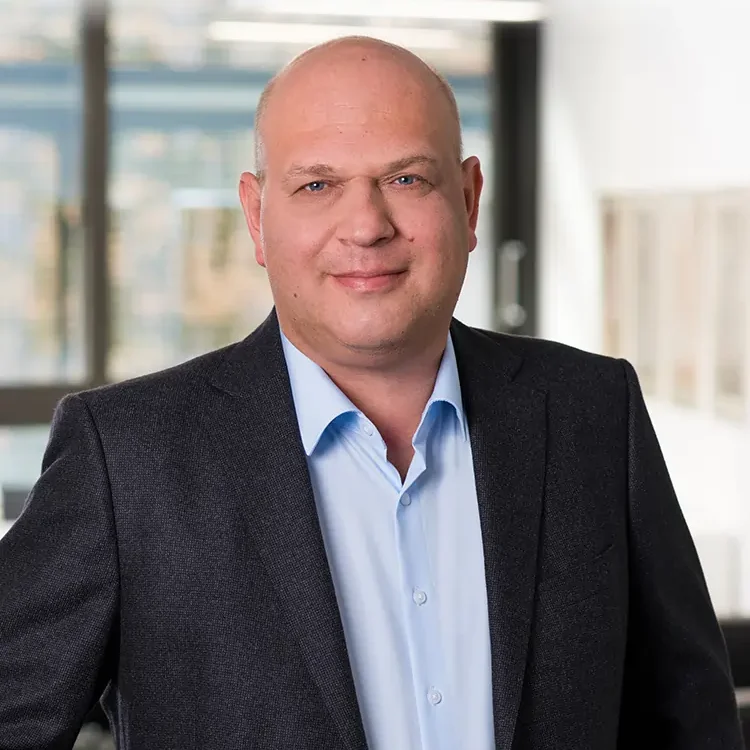
What are the key trends shaping the asset management industry today?
Michael Kohlhase: I probably can’t speak for the entire industry. As far as I can see as a “small” market participant, it is sustainability, digitalisation, regulation and human resources. Unfortunately, this is a misalignment, as the focus should be on issues such as performance, customer satisfaction and meaningful consideration of sustainability issues. And I haven’t said anything about AI yet. AI will certainly turn some things upside down and change them. We will see whether this happens in the first wave of implementation, as we are currently experiencing. I think it will only become standard later on. But one problem remains: the results of AI are not necessarily transparent. This reminds me a little of the early 2000s when my colleagues thought we should give our investment strategy a name. I suggested IWC (intuition without computers), which was of course rightly rejected due to a lack of transparency and a scientific approach. Today it is called AI, which is more modern and faster.
How does your approach to risk management differ from traditional methods?
MK: We are quite traditional and do not work with mathematical models or anything similar. For us, the risk and therefore also the potential returns result from the structure of the investments. This has to be implemented and supported sensibly. We make adjustments based on our market assessment, current events and future expectations.
What strategies do you recommend for optimising portfolio performance in volatile markets?
MK: Volatile markets always have the potential to go wrong. But there are also always opportunities and it is much more exciting than sideways trending markets. I like volatile markets because you can do something. So, stay calm, have a market opinion and don’t act in a hurry! And very important: recognise and correct wrong decisions.
What strategies do you recommend for managing liquidity risk in investment portfolios?
MK: We are also relatively simple here. We hold a cash reserve for current or unexpected obligations. Due to the relatively low volume, we can handle everything through one bank without having to diversify. In terms of investments, we make sure that our holdings are tradable, taking into account the volume held. This means that illiquid bonds or micro-caps are virtually ruled out. We also ensure that our investments are broadly diversified. We regard bond ratings more as additional information.
How do you approach asset allocation across different investment classes?
MK: We consider equities, commodities and bonds in our portfolios. In equities and commodities, we tend to think in terms of markets, countries or themes rather than individual securities. We therefore invest close to the index and in the case of bonds we focus more on maturity structure and quality.
What role does ESG investing play in your asset management philosophy?
MK: Not at all at the moment. It’s the big story, but our clients haven’t asked about it yet. I’m very happy about that, because for us – as a small asset manager – implementing it would tie up a lot of resources and incur costs. At least if we want to fulfil the regulatory requirements under EU law. Of course, this does not mean that we want to ignore the issue or not deal with it. Unfortunately, all that remains at the moment is an unofficial value compass with exclusions and preferences and the hope that regulation will become more pragmatic. But I also know that I only have a maximum of three years left to come up with a solution/approach. My customers will see to that!
How do you view the impact of digital transformation on asset management?
MK: With joy and sadness at the same time. When I realise how time-consuming some tasks were a while ago and now all the work is stored on the computer and ready to hand, I’m totally happy. Groupware, stock ticker, customer relationship management system and portfolio management system contribute a lot to increasing efficiency and quality assurance. The ability to receive relevant information in real time is also a lot of fun and a real added value.
But why a negative component? The individual is lost and technically there is much more possible. I just have to buy the next expansion stages externally with ongoing fees and the implementation presents me with further challenges. What really bothers me now is that I used to be able to simply call someone and now I have to spend days looking for an appointment for a Teams meeting.
What advice do you have for aspiring asset managers entering the field?
MK: There is no longer one way to pursue a particular career. That’s how I perceive it from conversations with young people. There are so many different fields of study, some of which are very specialised, as well as great part-time solutions. The demands of career starters are also increasing, such as spending time abroad, working hours, place of work or the demands placed on employers in terms of corporate management and environmental behaviour. Larger companies often have more to offer. However, at smaller companies you may get more or faster opportunities, a broader overview and you may have to fight harder for the social components. I then have to spend time abroad during my studies or on holiday. Personally, I’m not a big group person and would never feel comfortable in a large group structure. Apart from that, I certainly wouldn’t have reached where I am today in a corporate group.
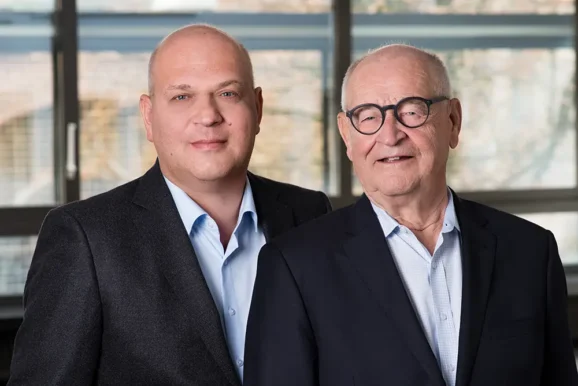
About Dr. Kohlhase GmbH
Dr. Kohlhase GmbH is an independent asset management company based in Munich. Run by Michael Kohlhase (above), the company was founded in 1980 by Michael‘s father Dr Detlef Kohlhase and specialises in asset management and investment funds. It also coordinates sales and marketing for its own funds. As a family business, the focus is on liquid funds with a conservative investment approach.
The primary investment objective is long-term capital preservation and growth. The product range is suitable for private and institutional investors. Dr. Kohlhase GmbH places particular emphasis on fixed-income investments, an area in which they have a good reputation.
Further information
www.kohlhase.com/en
Sign up to The European Newsletter
RECENT ARTICLES
-
 UK government sets up Women in Tech taskforce amid gender imbalance concerns
UK government sets up Women in Tech taskforce amid gender imbalance concerns -
 Liechtenstein lands AAA rating again as PM hails “exceptional stability”
Liechtenstein lands AAA rating again as PM hails “exceptional stability” -
 Lusaka Securities Exchange surges ahead on reform momentum
Lusaka Securities Exchange surges ahead on reform momentum -
 PROMEA leads with ESG, technology and trust in a changing Swiss market
PROMEA leads with ESG, technology and trust in a changing Swiss market -
 Why collective action matters for pensions and the planet
Why collective action matters for pensions and the planet -
 Structuring success with Moore Stephens Jersey
Structuring success with Moore Stephens Jersey -
 PIM Capital sets new standards in cross-jurisdiction fund solutions
PIM Capital sets new standards in cross-jurisdiction fund solutions -
 Innovation, advisory and growth: Banchile Inversiones in 2024
Innovation, advisory and growth: Banchile Inversiones in 2024 -
 Digitalization, financial inclusion, and a new era of banking services: Uzbekistan’s road to WTO membership
Digitalization, financial inclusion, and a new era of banking services: Uzbekistan’s road to WTO membership -
 Fermi America secures $350m in financing led by Macquarie Group
Fermi America secures $350m in financing led by Macquarie Group -
 Banchile Inversiones receives three prestigious international awards
Banchile Inversiones receives three prestigious international awards -
 What makes this small island one of the world’s most respected financial hubs?
What makes this small island one of the world’s most respected financial hubs? -
 MauBank wins international award for tackling barriers to finance
MauBank wins international award for tackling barriers to finance -
 ‘It’s like a private bank but with retail rates’: Inside Jersey’s mortgage market for new high-value residents
‘It’s like a private bank but with retail rates’: Inside Jersey’s mortgage market for new high-value residents -
 How one fintech is using AI to fix Latin America’s broken mortgage system
How one fintech is using AI to fix Latin America’s broken mortgage system -
 Why the humble trading journal could be your edge in volatile markets
Why the humble trading journal could be your edge in volatile markets -
 The smart way to structure family wealth: Why Liechtenstein funds are in demand
The smart way to structure family wealth: Why Liechtenstein funds are in demand -
 How market concentration is creating new risks and opportunities
How market concentration is creating new risks and opportunities -
 Staying the course in an unpredictable market
Staying the course in an unpredictable market -
 Decision-making factors when establishing a foundation
Decision-making factors when establishing a foundation -
 Why the British Virgin Islands remains a top destination for global business
Why the British Virgin Islands remains a top destination for global business -
 Malta’s growing appeal as a financial services domicile
Malta’s growing appeal as a financial services domicile -
 Matthieu André on AXA IM Select’s award-winning approach to multi-manager investing
Matthieu André on AXA IM Select’s award-winning approach to multi-manager investing -
 A legacy built on trust
A legacy built on trust -
 U.S voters slam economy as ‘on wrong track’ — but back skills revolution, poll finds
U.S voters slam economy as ‘on wrong track’ — but back skills revolution, poll finds



